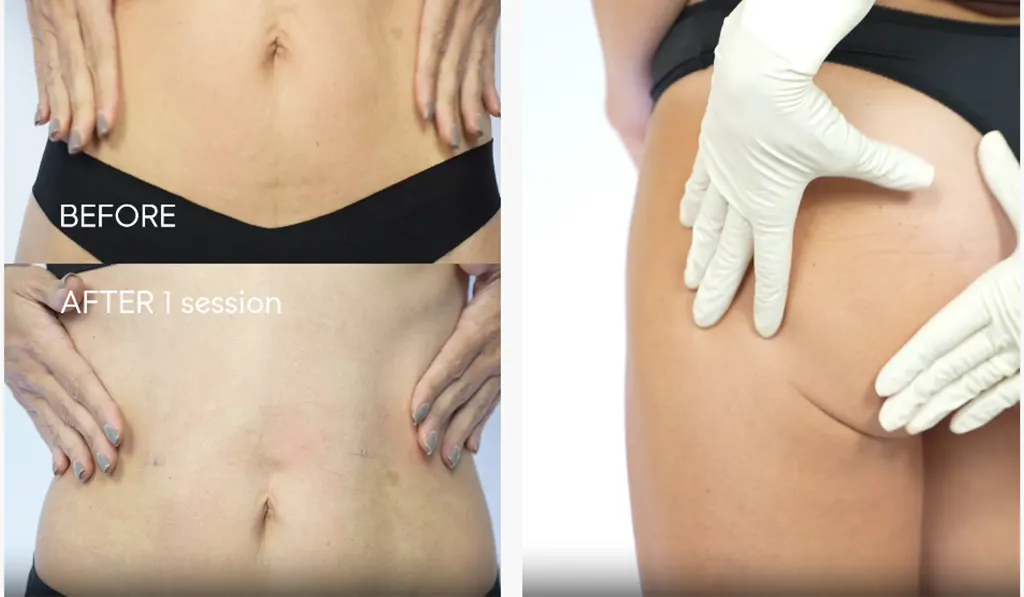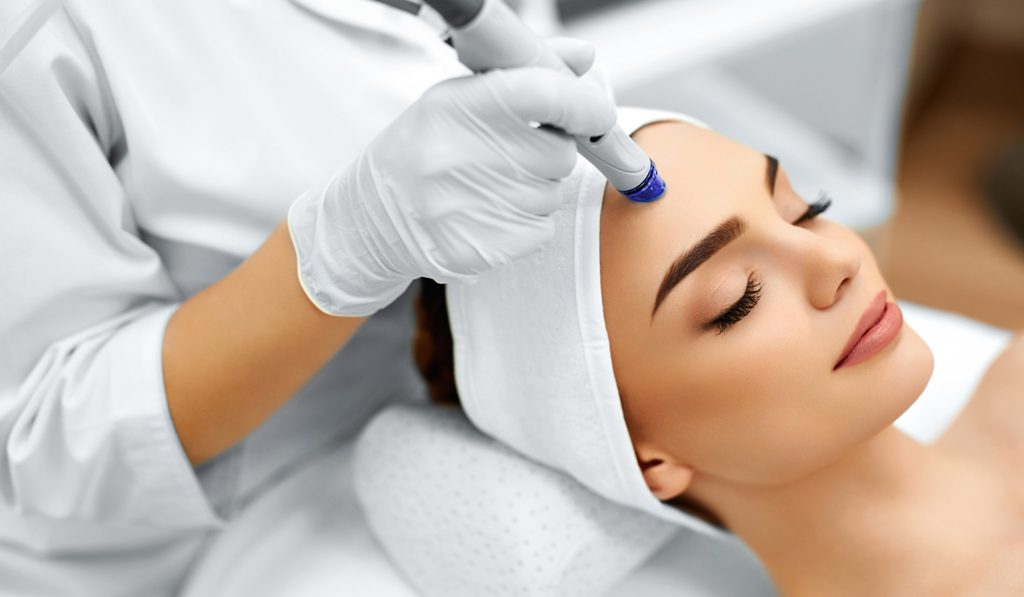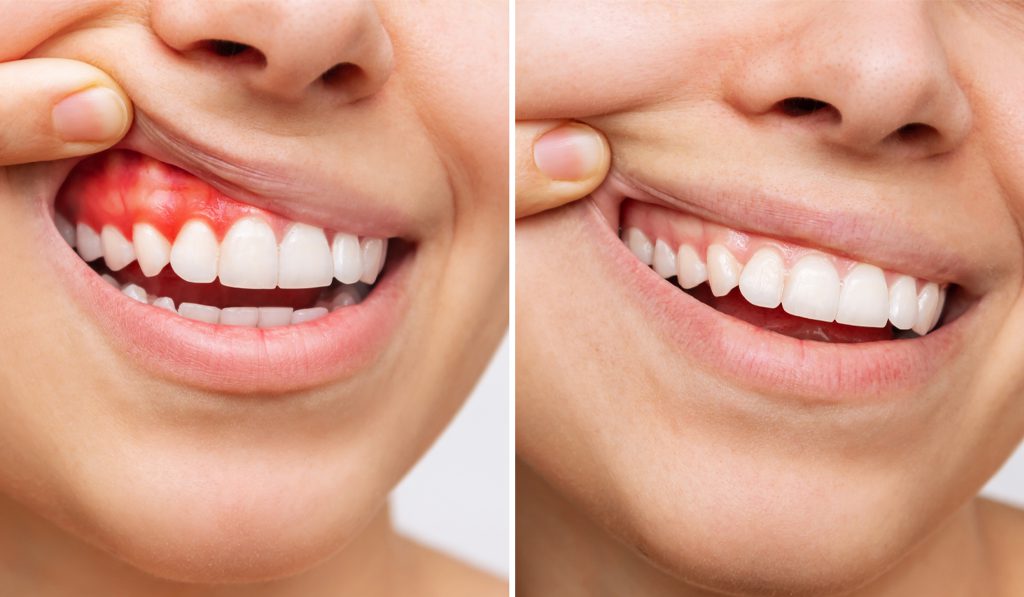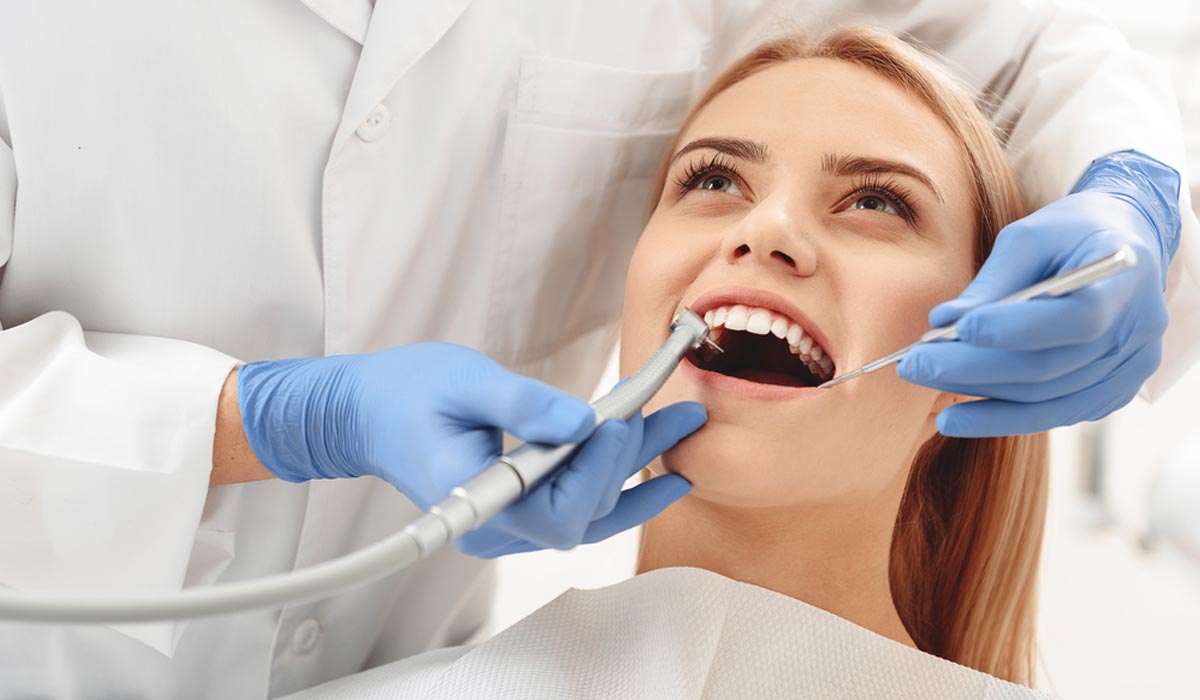What to Expect when getting your Wisdom Tooth Removed?
Not everyone in this world has a wisdom tooth or the third set of molars, but for those that have, the number varies between one to four teeth. Wisdom teeth removal becomes a necessity if there is tooth decay or the surrounding area is damaged. An infection, periodontal disease, or tooth or bone loss are a few other reasons a surgeon will advise you to go ahead with wisdom tooth removal. In addition, patients often experience severe pain in the affected part. Sometimes, the removal procedure may be recommended even if there are no apparent problems to avoid potential issues later.
The wisdom tooth is said to be impacted when there is not enough room for it to grow or the tooth is trapped in the bones. A dental surgeon extracts impacted molars after they carry out an intricate examination of the teeth and assess the X-ray of the affected part.
Things to Know When Getting Your Wisdom Tooth Removed
Your dentist or dental surgeon is the best person to speak elaborately about what to expect before and after the removal procedure. They will advise you about things to do and avoid before and after surgery for faster recovery.
Here’s a brief synopsis of what you should know about before and after surgery to adequately prepare.
Before Surgery
Clothing – Try and wear comfortable clothes so that you can relax during the procedure.
Diet – Patients are advised to keep their stomachs empty before the surgery for intravenous anesthesia. Therefore, your doctor will recommend you refrain from eating or drinking a few hours before the surgery.
Leave – If you are working, you might have to take a day’s leave to rest adequately after the surgery.
Post-Surgery
Diet – Your doctor will advise you on consuming soft food for some time. Go in for liquid-based food items like yogurt, smoothies, oatmeal, etc., that do not require much chewing. It is imperative to follow your doctor’s precise directions in this regard.
Medications – Any prescribed or over-the-counter drug you take before or after the surgery must be approved by the dentist, as certain medications can cause increased bleeding.
Going back home – Since patients are sedated during the surgery, they are usually dizzy for a few hours post-surgery. Hence, you must be accompanied by a family member or a friend who can take you back home after the procedure.
Lifestyle changes – The surgeon will advise you to refrain from consuming alcohol and tobacco for a few hours after the procedure.
What to Expect During the Surgery?
Location of the surgery – It usually takes place in the office of the dental surgeon or the dentist. You may be asked to come in a few hours before the actual procedure, as your healthcare provider might need to take an oral scan before the surgery.
Duration – For most patients, the dental procedure takes about 45 minutes.
Sedation – Patients are given nitrous oxide, or anesthesia is intravenously administered. In the first process, a mask is fitted over your nose so that you can inhale the gas. It will keep you awake, but you will not feel any discomfort during the surgery. In the second method, the dental staff will inject a needle into your vein (on the arm) for IV sedation. It will remain there all through the surgery. In this case, you might be asleep for most of the procedure. Some patients drift between consciousness and unconsciousness during the surgery. It is the most comfortable option as you will feel no pain and will hardly remember the procedure later.
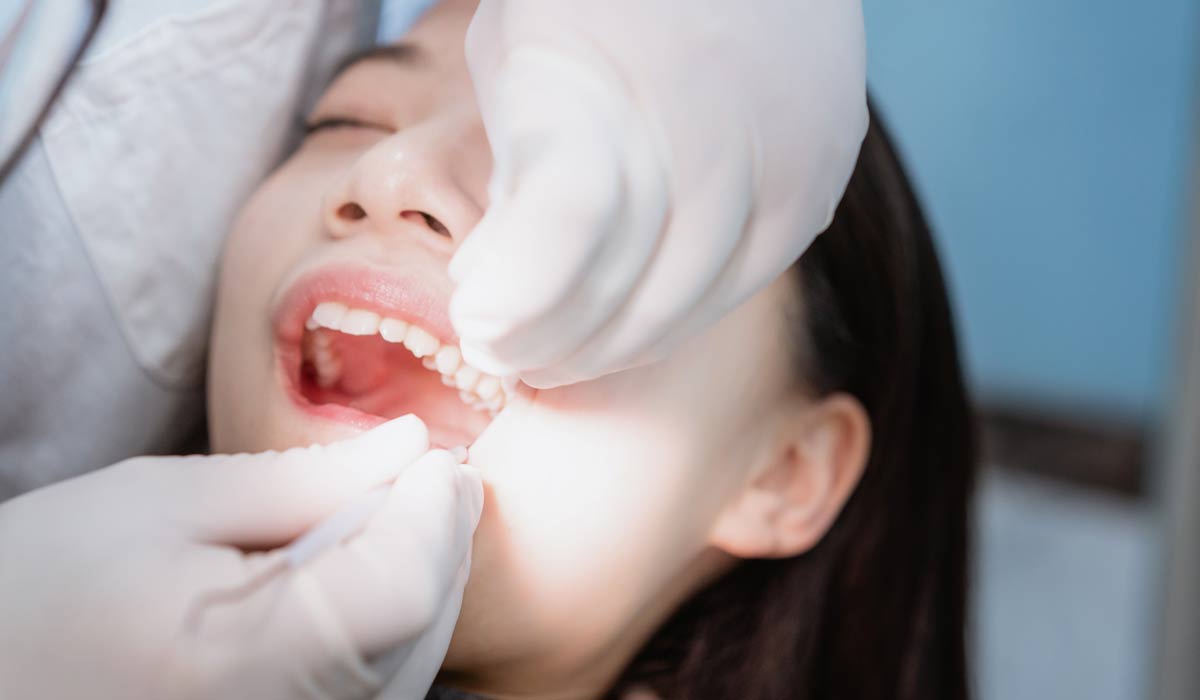
Numbing the area – Once the patient is sedated, the surgeon will start the procedure by numbing the area surrounding the tooth. Local anesthesia is used for this purpose.
Surgical procedure – Once the area is numbed, the doctor will remove the gum tissues in the area. This is done to access the wisdom tooth. If the impacted tooth is covered with bone, partially or wholly, the doctor will need to drill and remove the bone. Once the doctor can access the wisdom tooth, different surgical instruments will be used to loosen the tooth or cut it into parts to remove it altogether. After this, the surgeon might stitch up the area for faster recovery. The stitches will dissolve on their own in a few days.
Post-operative procedures – The anesthesia will be stopped to bring the patient out of sedation. The immediate side effects of anesthesia include dizziness, nausea, and shivering. In the recovery room, the patient’s condition will be monitored for about an hour. Once the patient’s condition stabilizes, permission is granted to go home.
What to expect during the recovery process?
Side-effects – For most patients, there’s no immediate feeling of pain. However, once the effects of the anesthesia wear off, most people feel discomfort. The area remains swollen for a while. For some, there’s bleeding too. Opening your mouth wide can also be challenging for some time. Follow your doctor’s instructions with precision for faster recovery.
Complete recovery – It might take up to six weeks for the site to heal completely. Your doctor will advise using gauze at the tooth extraction site for 30 minutes and replacing it once it is soaked in blood. This is done to stop bleeding post-surgery.
Oral health – You may experience bad breath, jaw stiffness, and teeth sensitivity for a while. However, with proper oral hygiene, these problems should go away.
Do’s and Don’ts:
- Within the first 24 hours post-surgery, avoid brushing in the area of extraction and using mouthwash. If you need to brush, gently use a soft toothbrush and rinse using water.
- For the next few days, avoid strenuous activities. If you have swelling, you can use an ice pack on your cheek. If the jaws feel sore, use moist heat in the area. You can slowly start exercising your mouth by gently opening and closing it at given intervals. You can start eating solid foods but stick to softer ones like rice, pasta, etc. Drink a lot of fluids.
If the pain or the swelling does not subside, or you have a fever, you must immediately contact your dentist.
Conclusion
Wisdom tooth removal is a common dental process. Other than pain, swelling, and stiffness of the jaws, the surgery has no major side effects. The healing process is fast. Follow your healthcare provider’s instructions for complete recovery within the stipulated time.
Why 7DMC?
We have a team of highly trained orthodontists and dental surgeons who work hand-in-hand with patients for long-term preventive healthcare. Our state-of-the-art facility ensures the best treatment options for patients. We offer complete support during the wisdom tooth removal procedure, keeping the patient informed about the various aspects of the surgery so that the healing is effectively planned.
References
rcseng.ac.uk/patient-care/recovering-from-surgery/wisdom-teeth-extraction/what-to-expect-after-the-operation/
webmd.com/oral-health/wisdom-teeth-adult



